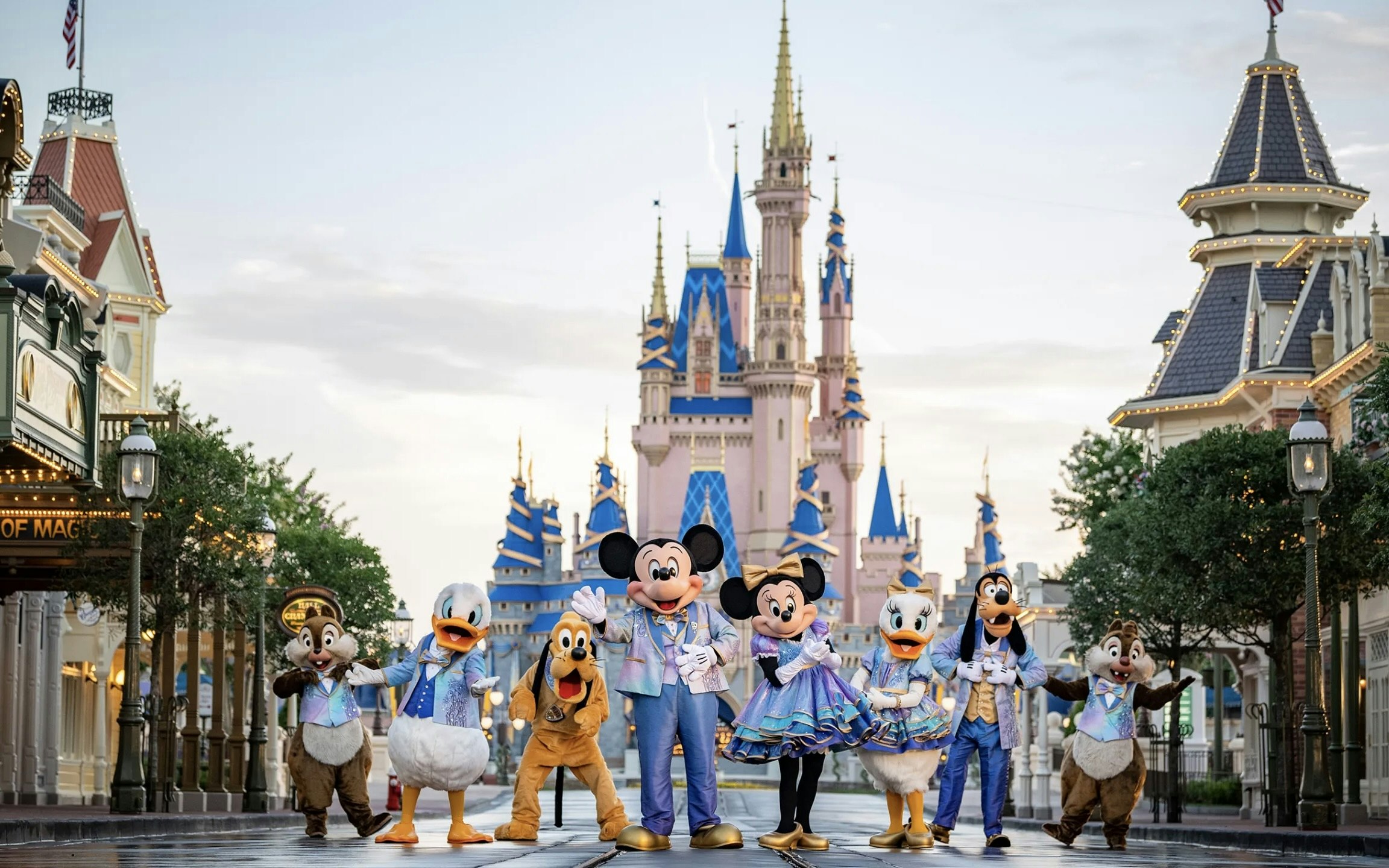Disney experienced a mixed balance sheet for the second fiscal quarter, just one month after it had fended off a shareholder revolt led by the well-known investor Nelson Peltz, who had sharply criticized the company's recent performance. The results included several positive points, among them a surprising first operational profit in the entertainment part of the streaming segment and an increase in revenue growth in ESPN's domestic business.
Nonetheless, Disney forecasted in its earnings report that the operating income for its Experiences segment, which primarily consists of theme parks, will stagnate in the June quarter. This disappointed analysts who, according to FactSet consensus estimates, had expected a 12% year-over-year increase in operating income for this segment. Disney CFO Hugh Johnston cited "a normalization of demand after Covid" as one factor for the projection.
This Outlook on Parks Raises Concerns About Slowing Demand in a Business Disney Desperately Needs to Keep Strong. Cable contract cuts have shrunk the company's cable TV empire, while the film business faces a number of challenges from the aftermath of last year's crippling Hollywood strikes to the weakening of its high-profile Marvel and 'Star Wars' franchises. The transition to streaming has also been costly, with the 'Direct-to-Consumer' segment recording operating losses of over $1 billion in the past twelve months, despite the surprising profit in the last quarter.
Theme Parks Are Now a Significant Source of Stable Revenue and Contribute Disproportionately to Disney's Earnings. They Benefited Greatly From a Surge in Demand at the End of 2021, When Covid-Era Travel Restrictions Were Eased and Consumers Had Additional Spending Power. Combined Revenues from Domestic and International Theme Parks Accounted for 52% of the Company's Operating Profit in the Twelve-Month Period Leading up to the March Quarter, Even Though They Only Generated a Third of the Company's Revenue During That Time.
Concerns Over Theme Parks Weigh Heavily on Disney Investors. The decline in share price on Tuesday is shaping up to be the worst one-day loss since November 2022, when a disastrous earnings report led to a more than 13% drop in share price and ultimately contributed to then-CEO Bob Chapek losing his position. Disappointing theme park results also played a role in this report; the operating income for the parks fell short of Wall Street's targets by 27%.
Returned CEO Bob Iger emphasized in his first earnings call three months later: “I am very optimistic about our parks, and not just because of the COVID recovery.” Later, the company announced plans for capital expenditures of $60 billion for parks, cruise lines, and resorts over the next decade. These investments will be timely; Universal is opening a major new theme park next year near Disney's flagship property in Florida.
Iger said on Tuesday that one-time expenses such as the preparation costs for its new Disney Treasure and Adventure cruise ships are the biggest factor impacting the short-term profits for the Parks segment, with bookings showing a "healthy growth in the business." However, Disney's stock went into the report with a year-to-date gain of 29%, which was far above that of its competitors, including Netflix. The strong stock performance helped the company fend off Peltz's criticism, but also left little room for error in the latest results.





